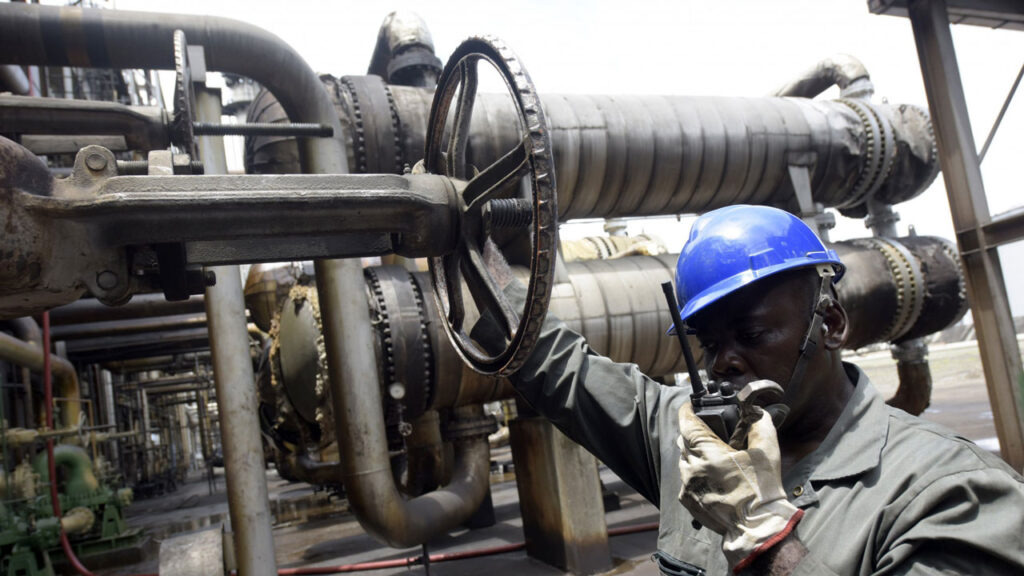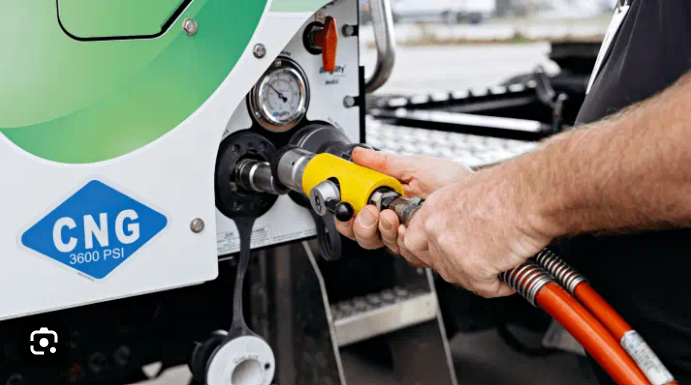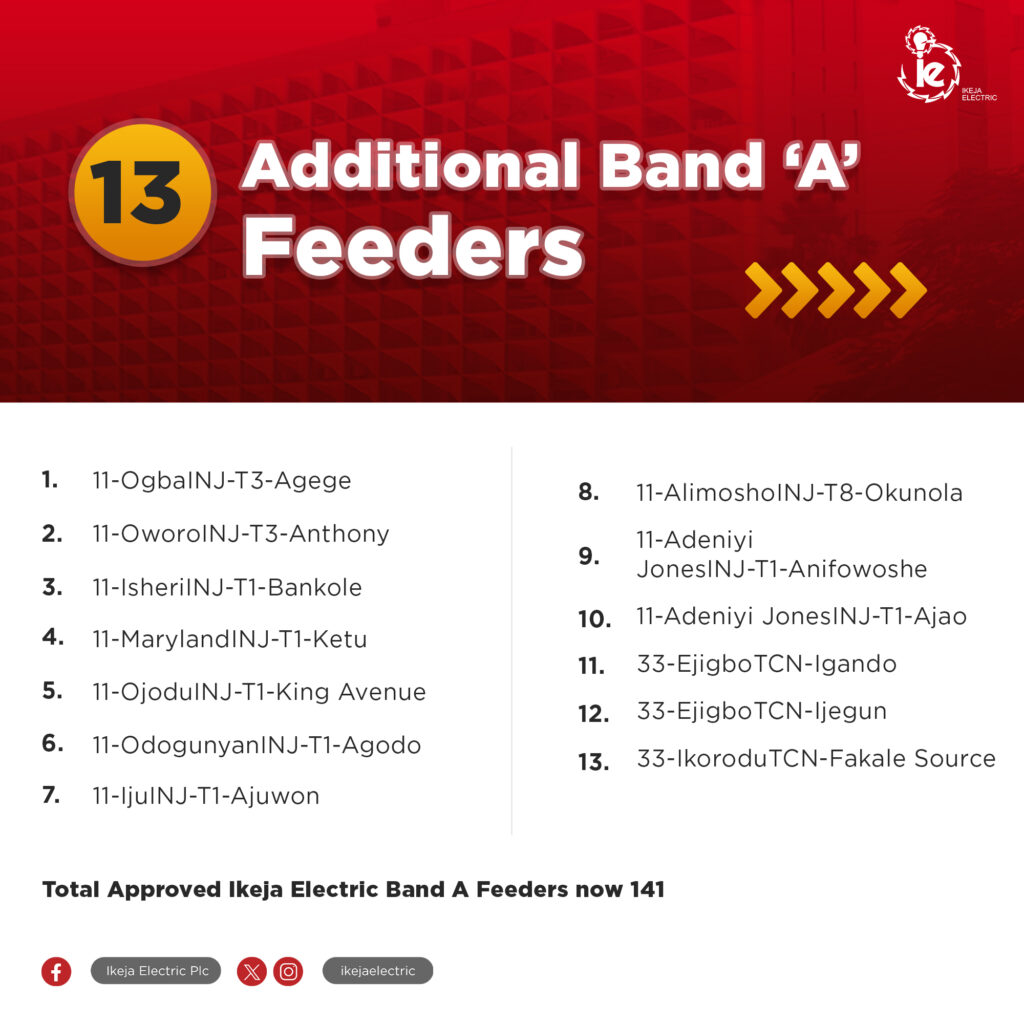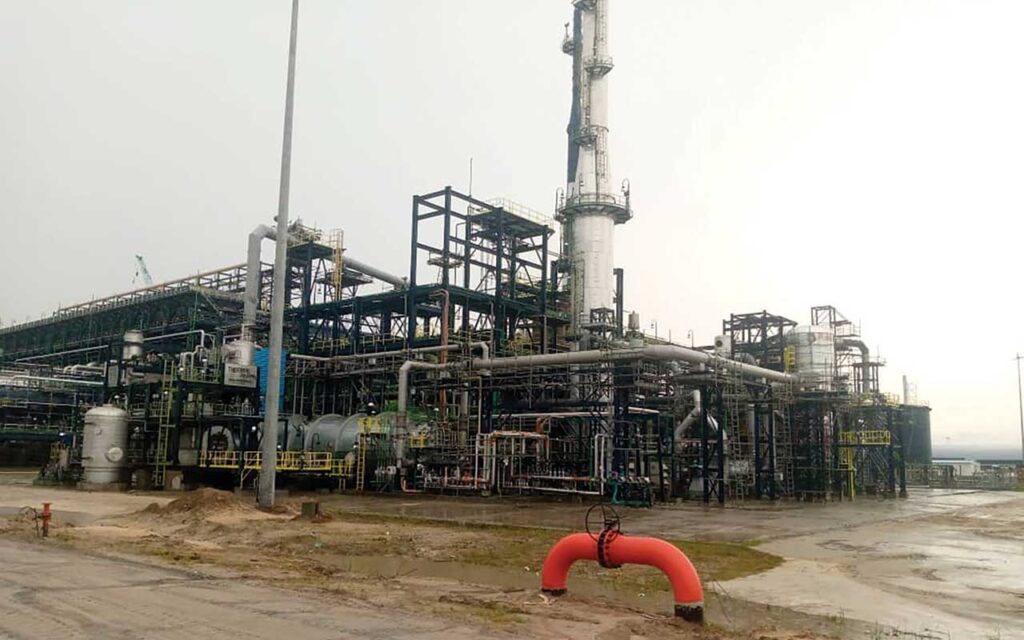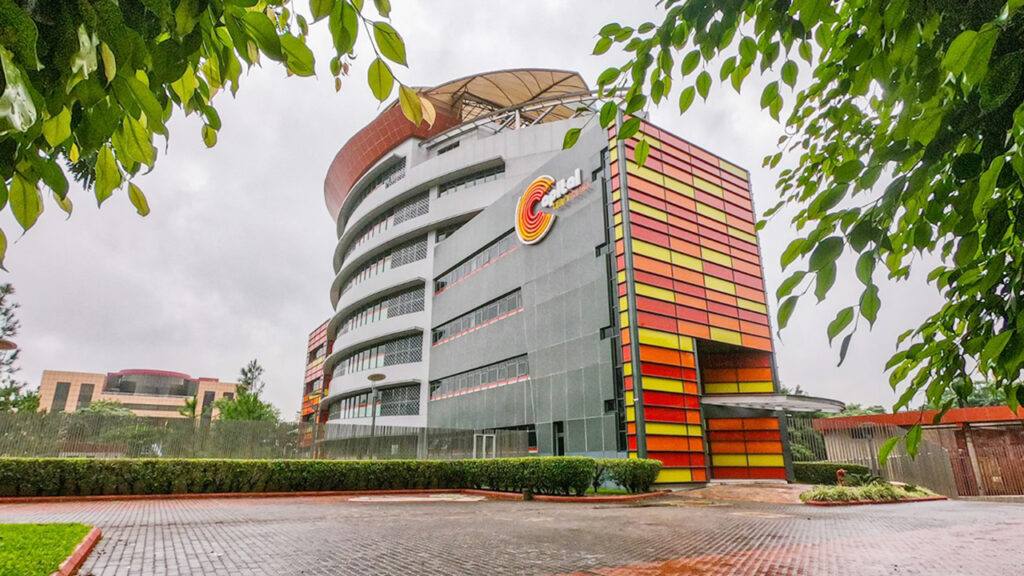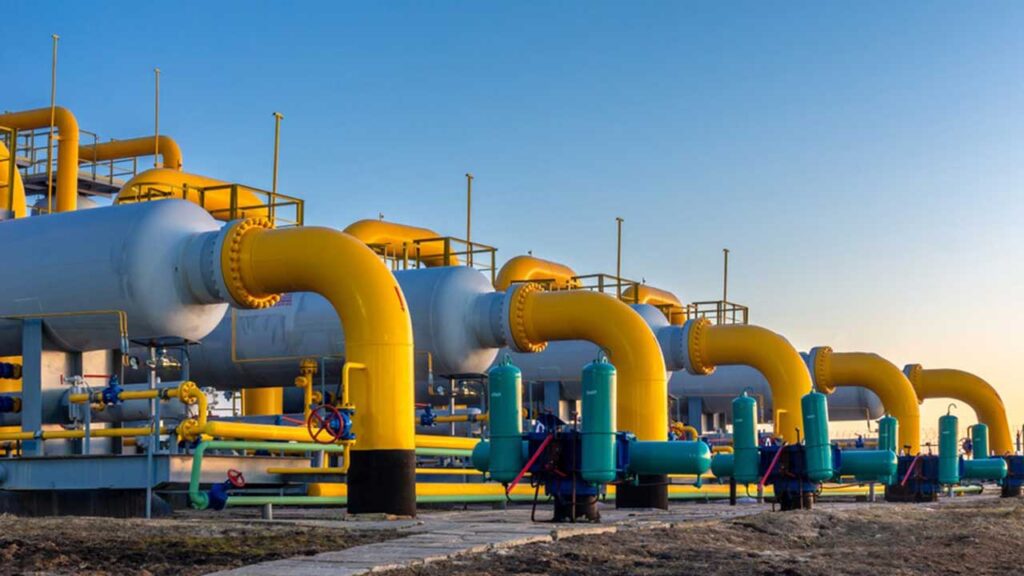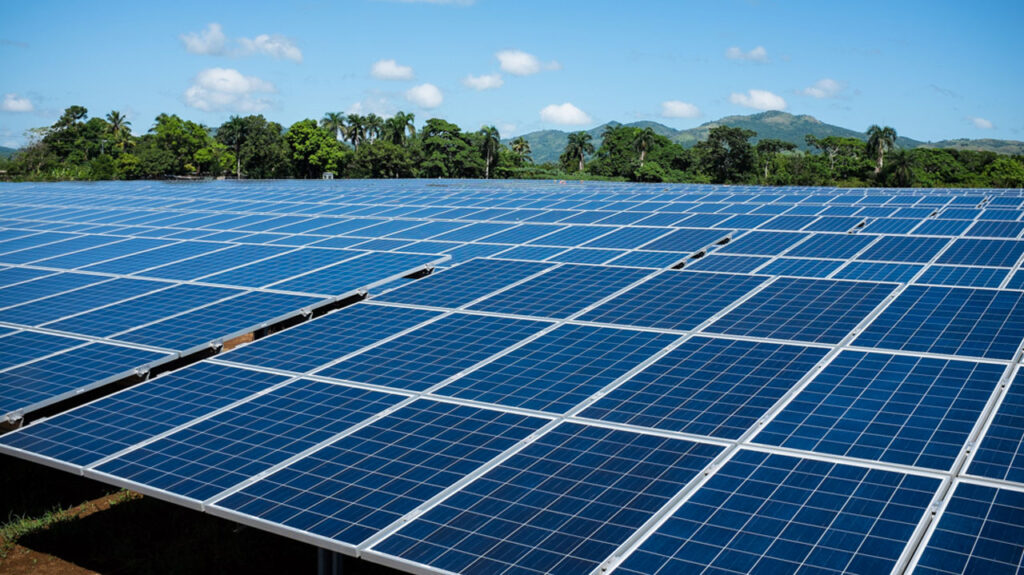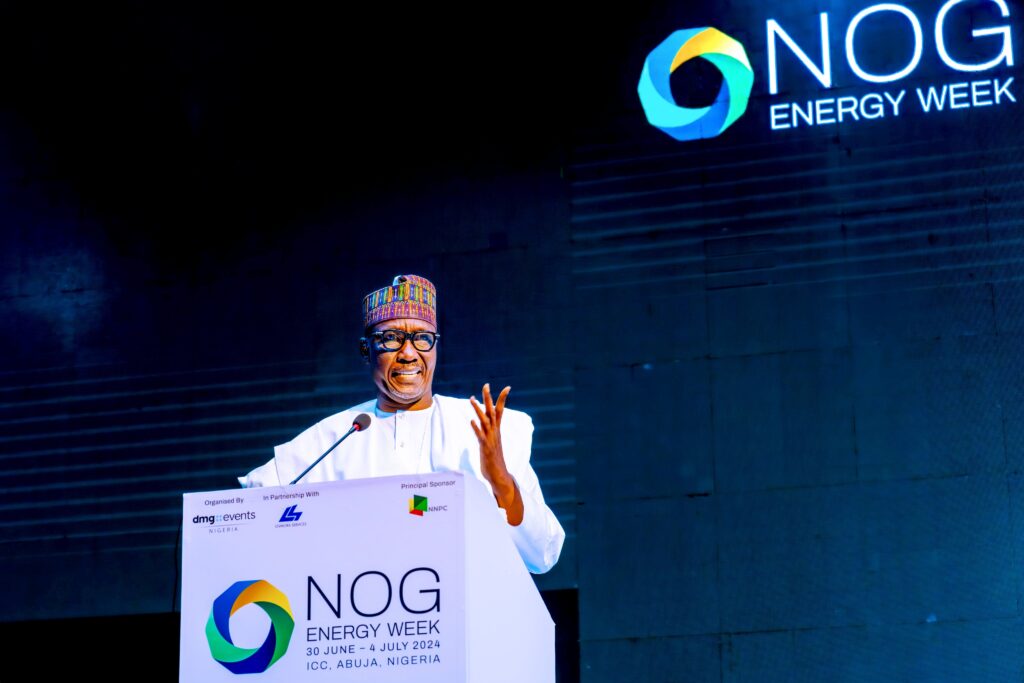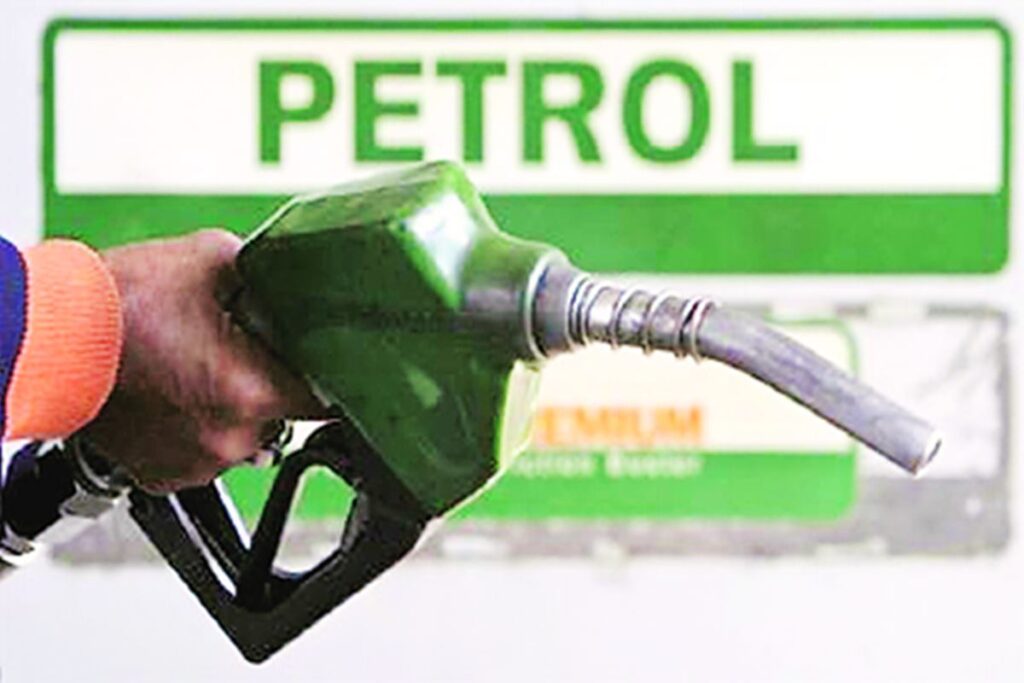
President Bola Tinubu is determined to promote gas-fired vehicles. However, ensuring the sustainability and safety of such vehicles requires additional measures, KINGSLEY JEREMIAH writes.
On Monday, President Bola Tinubu took a significant step towards the success of his auto gas policy by banning members of the Federal Executive Council (FEC) from purchasing petrol-dependent vehicles. Besides, Tinubu also mandated all ministries, departments and agencies (MDAs) to procure compressed natural gas (CNG)-powered vehicles.
Heading to his first anniversary in office on May 29, the administration announced plans to roll out several gas-fired vehicles and electric cars as a critical component of the achievement of the President in office.
The Special Adviser to the President on Information and Strategy, Bayo Onanuga, specifically said the government provided N100 billion (part of the N500 billion palliative budget) to purchase 5500 CNG vehicles (buses and tricycles), 100 electric buses and over 20,000 CNG conversion kits.
In addition to this, the Nigerian Midstream and Downstream Petroleum Regulatory Authority (NMPDRA) lowered CNG prices fixing the price of the product at $1.57 per Million British Thermal Unit (MMBTU) ahead of the rollout of auto-gas in May.
The autogas policy is not new in Nigeria. Before the former administration used it to deceive the Nigerian Labour Congress in exchange for increasing the price of premium motor spirit (PMS), some efforts were made by the Nigerian National Petroleum Company Limited under former President Goodluck Jonathan’s administration. The effort led to the setting up of some infrastructure.
When Buhari noticed the need to reduce subsidies, he brought labour leaders to NNPC Retail outlets in the Lugbe area of Abuja. Ahead of the festive season in December 2020, speaking virtually to an audience that was about 20 kilometres from his office in Aso Rock, Buhari promised that 2 million vehicles plying Nigerian roads would be running on gas.
Former Minister of State for Petroleum Resources, Timipre Sylva, promised that a litre of autogas would be selling for N95. He also insisted that no new fuel station in Nigeria would be approved without a CNG dispensing pump.
What Tinubu has done differently is to partner with vehicle assembly plants in Nigeria to bring semi and complete knocked down (CKD) parts in assembling gas-fired vehicles in Nigeria while importing some of the vehicles and encouraging conversion of some to CNG.
Typically, most CNG vehicles also run on gas and motorists at the click of a button can choose petrol or CNG.
Earlier this week, The Guardian visited a number of the conversion points. For a small car, the cost of conversion now hovers around N1 million while truck owners would need about N12 million before they can install a gas-fired system. The cost of converting is rising rapidly because of the pro-market policy on naira, which has triggered depreciation of the local currency and inflation.
In comparison, a litre of autogas was sold for about N750 per litre in Abuja yesterday against PMS, which stands at N617 per litre.
The development, amidst other inherent challenges, had led to the failure of autogaa under the previous administration. While NMDPRA had increased prices of gas for the commercial and power sector to $2.92 and $2.42 respectively, Programme Director/Chief Executive Officer, Presidential Compressed Natural Gas Initiative (PCNGi), Michael Oluwagbemi, said prices for CNG was set for various forms of transportation as a special status and would serve as a subset of gas-to-commercial purposes, which entitles it to the categorisation of gas based industries (GBI).
While the reduction in the gas price is commendable, it may not achieve much under the petrol subsidy regime where Tinubu, who serves as the Minister of Petroleum Resources, pledged to not increase petrol prices further. Unless both prices are market-driven and compete favourably, motorists will not cough out between N1million or N12 million to drive on gas.
Similarly, the introduction of gas-fired vehicles by the previous administration appeared to be more about scorecards than the economics of the energy mix and reduction of greenhouse gases. All the euphoria around gas-fired vehicles under the Tinubu administration has not been anything different. It is now more political with the noise coming more from the government than stakeholders in the petroleum and transportation industry.
While the current government has gone little regarding Nigerian automotive policy, which intends to make Nigeria drive on brand new vehicles to avoid making the country a dump site of disused vehicles abroad, the government has been more serious about partnering with local vehicle assembly plants for autogas and tricycles.
Nigeria is the second highest emitter of greenhouse gases in Africa after South Africa. From 1971 to 2014, the Nigerian transport sector contributed an annual average of 48 per cent to its total CO2 emission from fuel combustion. The challenge in Nigeria is that we drive dirty cars with dirty fuel. This should encourage any government to pursue a holistic transportation policy that would be sustainable instead of prioritising a one-sided political point-scoring approach. This has been the reason the policy has not truly worked over the years.
The market structure also has to be right. The petrol marketers have continuously expressed concerns over the outlook of the autogas industry in the country, seeing it more from a social intervention point rather than a profitable venture. Unless the market structure is private-sector driven, the sustainability of the sector may remain a mirage. It will only succeed depending on the attention it receives from the government of the day.
The Independent Petroleum Marketers Association of Nigeria (IPMAN) told The Guardian that the group is still struggling to implement the policy, stressing that promises made by the Federal Government to facilitate support for the initiative are yet to materialize. The Guardian gathered from sources at the Major Energy Marketers Association of Nigeria (MEMAN) that the marketers are also unable to progress with the plan as the market viability remains elusive.
President of IPMAN, Abubakar Maigandi Shettima said the government needs to do much more than lip service in implementing autogas, adding that there is a need for massive awareness of the autogas policy.
Shettima said while the federal government had met with marketers to discuss the CNG situation on the backdrop of subsidy, the resolutions from the meeting were not followed.
He said most of the marketers who are already facing the tight economic realities and challenges with the deregulation of the downstream industries would need financial support to build supporting infrastructure.
People will frequently resort to petrol if they see gas dispensing stations in major cities. Although it is expected that the infrastructure will gradually grow, the pace has been dismal to show that Nigeria has introduced this policy for over one decade.
Beyond market issues, one area deserving of serious consideration and campaign safety. While should be encouraged most Nigerians feel gas vehicles are not ideal for the rising extreme weather in the country.
As rampant as gas explosions are becoming in the country, so are petrol vehicles burning down along the road helplessly. While it is compulsory for car owners to drive with a fire extinguisher, the capacity of what the extant regulations prescribe does not help matters in the event of a fire. It takes most motorists to stop and bring out their extinguishers in the event of a fire. Despite that most vehicles still get burnt down. There is therefore a need to redesign the safety measures for cars with gas cylinders.
With vehicle finance schemes becoming impossible under the automotive policy for many years, affordability is a serious issue for gas vehicles. While conversion cost is hired, brand new gas-fired vehicles cannot be within the reach of the middle class except for people who have access to government money like the FEC members who have been instructed by Tinubu as well as government agencies and ministries.
National President of the Nigerian Association of Road Transport Owners (NARTO), Yusuf Othman said the cost of converting articulated vehicles already stands at around $8,000 and $10, 000, making it unaffordable to the transporters.
Othman said the value chain is also not reliable as there is no infrastructure to support the availability of CNG retail outlets across the country, adding that should one find a station in Lagos there may not be any other across the states.
Othman said while the CNG option needed to be embraced, prevailing challenges would continue to limit the potential of the scheme.
Recalled that former President Buhari had offered Labour Unions the autogas option as leeway for subsidy removal. As of 2022, gas was trading for around N90 per litre, conversions for trucks were in the region of N5 million and other vehicles were around N250,000. But most of the indexes have changed on the backdrop of inflation and depreciation of the naira.
Coming at a time when Nigerians are floating gas as a transition fuel, Othman noted that there must be a concrete plan otherwise converting trucks would not happen as expected despite the rising price of diesel.
Group Chairman/CEO at International Energy Services Limited, Dr Diran Fawibe, had noted that using autogas as a basis for fuel subsidy removal falls below expectations, adding that even if the government successfully converts one million vehicles to run on gas, it will still be a drop in the ocean.
According to him, the inability of the country to refine petroleum products locally remains a critical loophole on the part of the government in its bid to remove subsidies.
“I am not sure how the conversion of cars to run on gas can quickly address the removal of petrol subsidy. Government must work assiduously to get the refineries to work to complement Dangote Refinery. It is until then that the government can justify subsidy removal,” he said.


